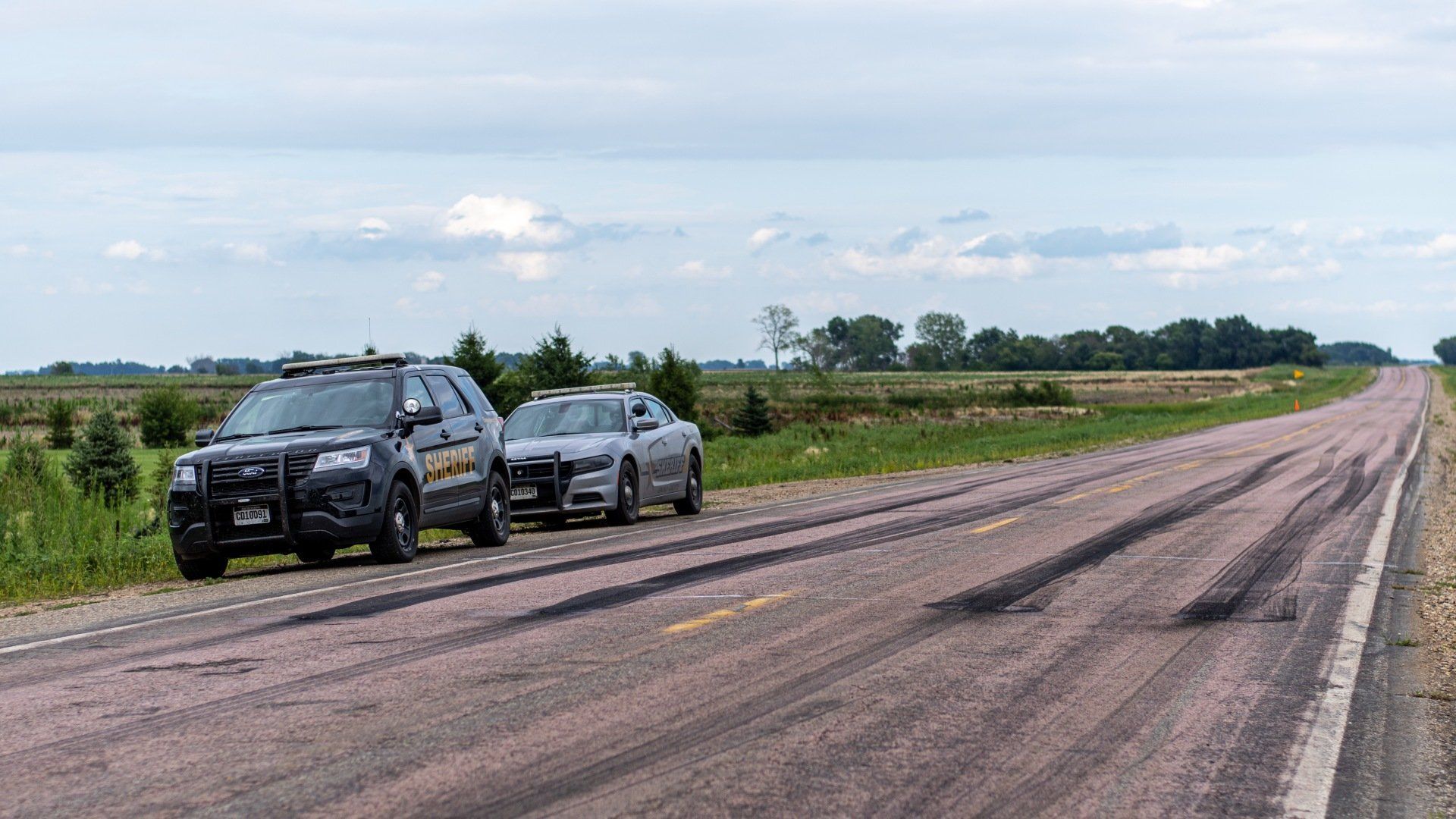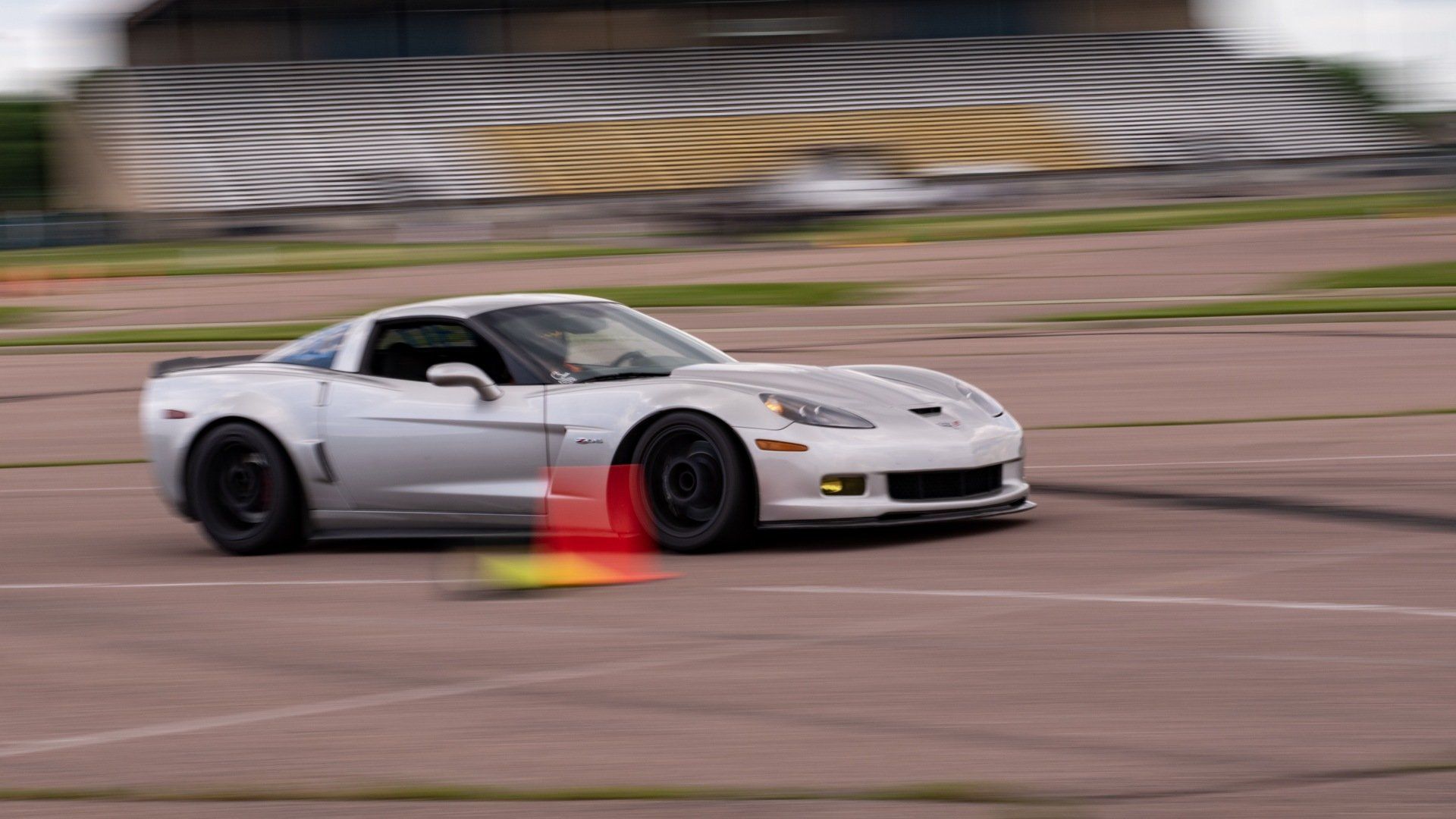Need for Speed? Or Need for Clarity?


What Street Racing Really Looks Like
Now, organized street racing is a different beast entirely — and far rarer in our area. The October 2023 incident near North Sycamore Avenue that led to arrests made headlines for a reason: because it’s the exception, not the norm. Those involved had a plan, a location, and participants — not great, but not random chaos either. Still illegal, but a far cry from the people fishtailing out of a Dairy Queen.
But here’s the kicker: while street racing in city limits gets the heat, it’s not what’s causing the rise in citations or danger. It’s disorganized, sporadic, and mostly happening where it shouldn’t — in town, in traffic, and without a clue.

Legal Alternatives: Right Under Our Nose
Here’s a crazy idea: instead of painting everyone with a loud exhaust as a criminal, how about we support the legal alternatives already here?
Just 30 miles away, Thunder Valley Dragway in Marion has been hosting quarter-mile drag races since 1967. It’s a full NHRA-sanctioned strip where people can actually race — with safety crews, timing equipment, and a proper shutdown lane. You know, like adults.

Then there’s the Sports Car Club of Siouxland (SCCS). These folks have been running autocross events in and around Sioux Falls for decades. Their courses are held in big, open parking lots, often at places like the fairgrounds or local arenas, where drivers test their skills through tight corners and slaloms — no reckless speed demons, just precision and control.
But in recent years, the SCCS has faced hurdles getting permits for events they’ve safely run for over a decade. Why? Because some city officials can’t tell the difference between a sanctioned event with cones and corner workers — and a midnight burnout session behind a Taco John’s. That kind of misunderstanding hurts everyone.
Want Proof This Works? Let’s Talk Poland.
In Lodz, Poland, illegal street racing was once a massive problem — until the city leaned into it. Officials launched a monthly legal racing series on closed-off roads. Over 70,000 people now attend each event, and illegal racing has dropped by nearly 90%.
That’s not wishful thinking — it’s data-driven policy. When people are given a safe, organized outlet, most will choose it over risky chaos.
The U.S. Is Catching On Too
Here in the States, initiatives like Racers Against Street Racing (RASR) and Evo Street Racers are doing the same thing. Backed by auto manufacturers and racing organizations, they promote legal track use and help educate young drivers. These aren’t fringe ideas — they’re growing because they work.

Real Enthusiasts Don’t Want Reckless Idiots Either
Let me be crystal clear: no one hates reckless drivers more than actual car enthusiasts. The people who spend late nights tuning fuel maps or swapping in a new clutch aren’t the ones doing flybys on 41st Street. Those guys ruin it for everyone — they burn bridges with the public, shut down events, and draw heat where it doesn’t belong.
True gearheads want safety, structure, and somewhere to run hard without endangering families or pedestrians. That’s why we need better city policies that recognize the difference — and stop lumping everyone into the same category.
The Bottom Line
What we’re dealing with isn’t a street racing epidemic — it’s a spike in idiotic, attention-hungry driving. If Sioux Falls wants to reduce that, it should invest in and support the local motorsports community, not vilify it.
Because when you give people a place to race, they’ll leave the intersections alone. But if you take away every outlet and treat everyone with a tuned exhaust as a criminal, you’re just asking for more trouble — and more tire smoke where it doesn’t belong.